Last week I hit overload. My mushy brain hurt. Too many things to do and every addition fell just short of overwhelm. My colleagues would ask me a question and I'd look at them like a rabbit startled in headlights. So I wrote a list of all the things I had to do at work. I wrote them in categories and I wrote it all, the big things and the small. The immediate things and the later things. Seventeen pages later I was done and my brain felt like it had been spring cleaned.
You would think that looking at seventeen pages of tasks would make things more challenging. But here's the beauty of the brain. It's not meant for storing your 'to do' list. All those things, big things, small things, swirl around taking up brain space. Your brain doesn't discriminate between a big task or a small task. At a certain point they all put the same pressure on the mental system. It also doesn't discriminate in terms of time, what needs to be done soon and what can wait. It all just feels muddy - and noisy. It takes up computing space.
Get it all out there and the brain is freed up to make a good assessment of what needs to be done and by when. It is able to make decisions, prioritise, problem solve. The stuff the brain is good at when enough hard drive is freed up.
So a number of things happened when I wrote my list on a Saturday morning. The first was that I felt more relaxed than I had in weeks. Fully free to enjoy my weekend. What a relief! Secondly on the Monday I hit the deck running. I took myself out to breakfast and by the time I got to work I had knocked off several large tasks. And, despite a day of interruptions, my day was full and productive. I have felt focused all week with a side and major benefit of being much clearer on what I can and need to delegate. A win all round.
So if you are in a brain fog, check you aren't using your brain as a vehicle for storage. Write that list - not just your immediate to do list - but all of it, the big items and the small ones, the ones to be done soon and the ones to be done later. Get it out there, free up your brain and enjoy the results.
Helen Rees is Director of Frameworks for Change – a management company whose quest is to transform the world of work.



